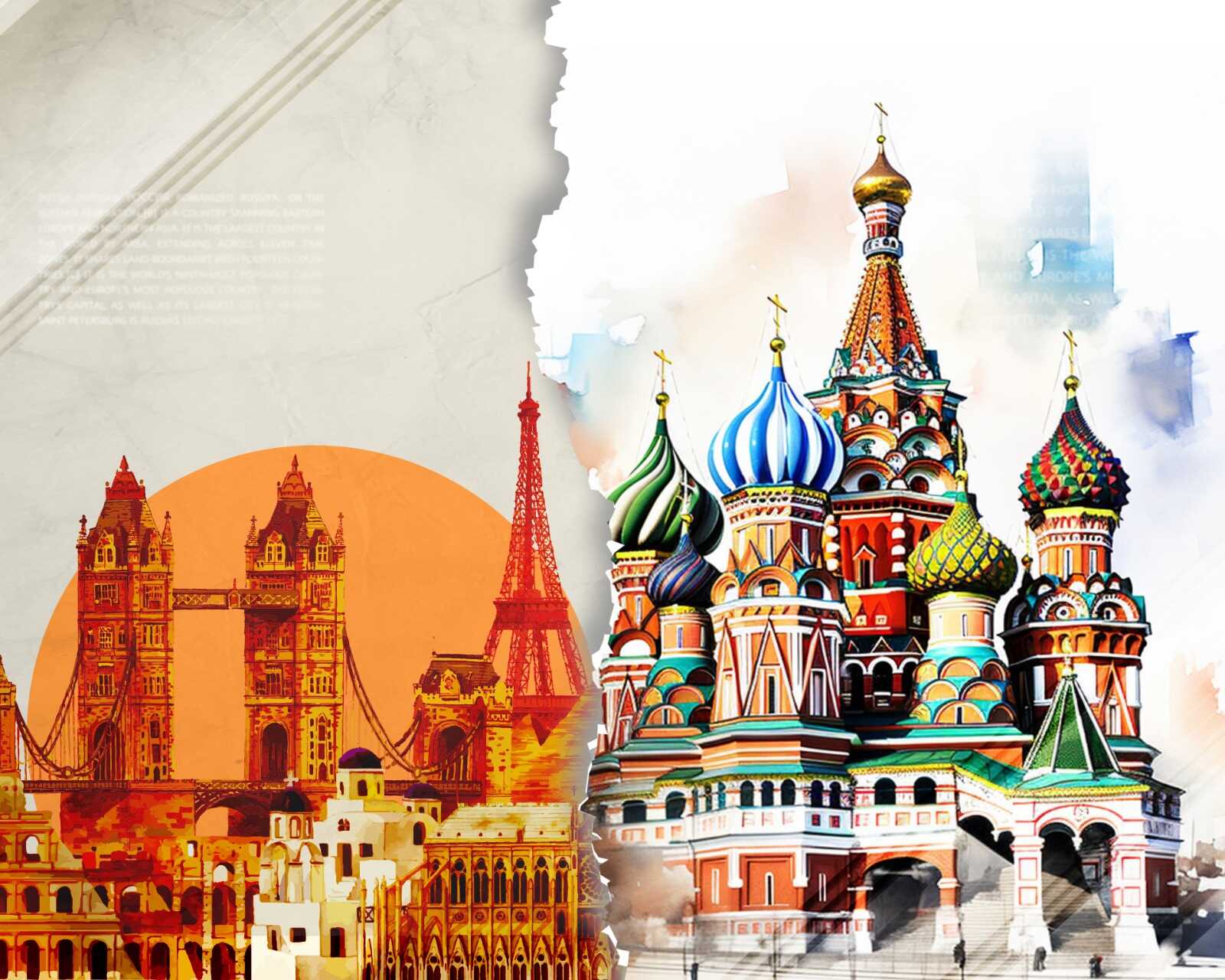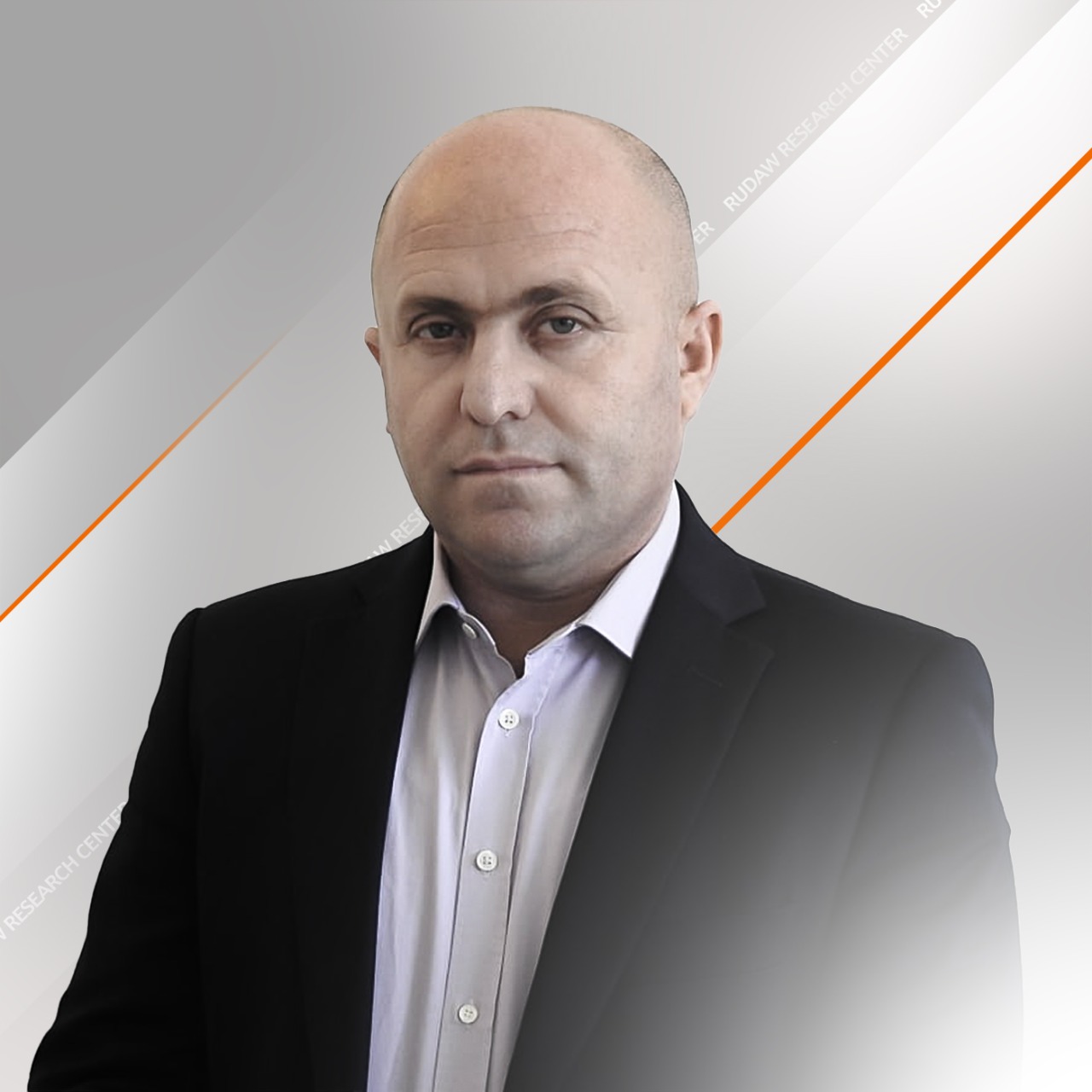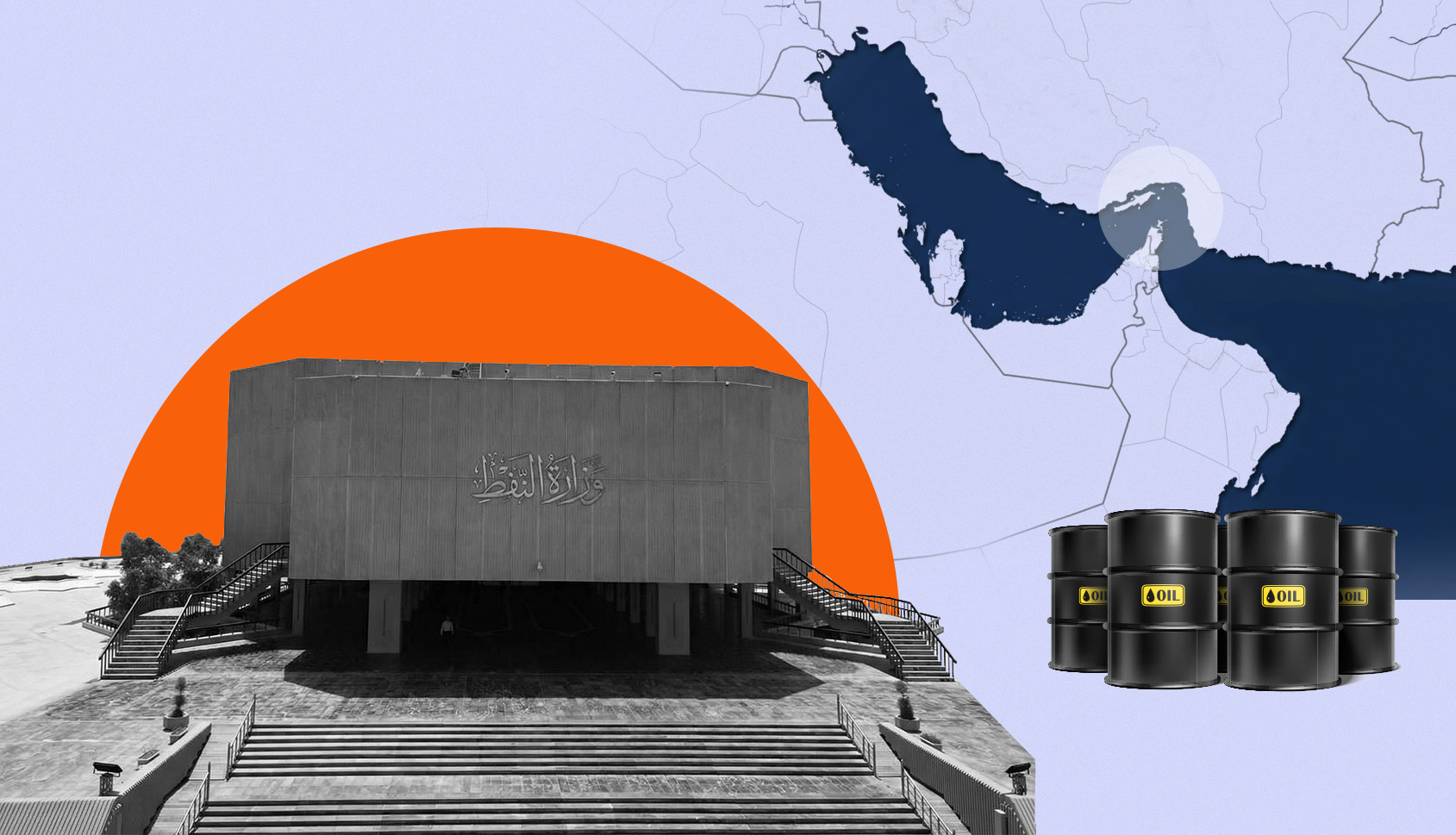Part Two
Vladimir is a common name in Russia, some people interpret it as referring to the leader of the world. Historically, Moscow's rulers, recognizing the nation's defensive vulnerabilities due to the lack of natural barriers and considerable resources, frequently entertained the idea of territorial expansion for defensive purposes. This strategic outlook has persisted from the era of Peter the Great, who sought to capture Iran and India, to the present leadership under Vladimir. The Kremlin, translating to fortress in Kurdish, remains haunted by the perpetual fear of foreign aggression, particularly from Western powers. Consequently, it views NATO and the European Union's expansion as an inherent threat to its security.
During my trip to Moscow, I had the opportunity to meet Alexander Dugin, often referred to as the contemporary geopolitical strategist of the Kremlin. Certain western media sources depict him as a fascist instigator of conflict, while Russian media portray him as a skilled philosopher and geopolitician. Dugin reminisced about his visit to Erbil in 2017. He advocates for Russia's reorganization within Eurasia, which echoes concepts like the Eastern Bloc, Soviet Union, or Imperial Russia. He warns that failure to do so could result in Western encroachment, Chinese expansion into Siberia via Kazakhstan, or Islamic forces threatening Russia from the south. Thus, Dugin emphasizes the necessity of Russian strength. He envisions Eurasia as the world's heartland with Russia at its core, leading the region against the dominance of a unipolar world. To achieve this, he emphasizes the need for internal strength, followed by Russia asserting its influence in Eurasia based on Orthodox Slavic identity, and forming alliances with Eastern powers like Iran, China, India, and some certain European nations.
Maria Zakharova, adorned with a sizable flower on her lapel, addressed the impact of media colonialism, noting that people globally are expanding their horizons beyond events like Davos and the Munich Security Conference to include gatherings like this one. I shared details of the Erbil Forum, situated in the ancient city of Kurdistan and the Middle East, which piqued her interest. In his message to the Russian Multipolarity and Russophile Forum, Putin remarked, "People from 130 countries have convened here, demonstrating that Russia's policy of marginalization will not succeed." Sergei Lavrov, present at the conference, emphasized Russia's commitment to public diplomacy, highlighting that Russia now boasts more friendships than ever before. He announced plans for an upcoming world youth conference in Sochi. Russia perceives the West's propagation of Russophobia as intentional and aims to counter it by championing Russian friendship in defiance of Western animosity. This aspect of Russian public diplomacy has garnered significant attention from the Kremlin in recent years, consequently, it has greatly amplified the promotion of such conferences and meetings.
On the way to the conference venue, I found myself seated next to a Macedonian participant. Curious about my nationality, he assumed I hailed from a Slavic country due to my skin color. When I revealed I was Kurdish, he promptly remarked, "Ah, you're friends with the United States and enemies of Russia." I chuckled, highlighting the paradox, since his own country, Northern Macedonia, maintains a close alliance with the United States. Politely correcting him, I explained that while Kurds indeed have strong ties with the US, it doesn't equate to hostility towards Russia. Sensing his genuine interest, I elaborated on the Kurdish situation, prompting him to empathize, acknowledging Kurds as an oppressed nation.
Notably, he wore a medallion depicting Perun, a Slavic pagan god associated with thunder and lightning. His interest hinted at a broader trend of Slavic cultural revivalism in Russia and Eastern Europe. Reflecting on our differences, he emphasized, "Brother, we're distinct from the West in every aspect. We use the Cyrillic alphabet while they use Latin, we're Orthodox while they're Catholic and protestant!" My gaze lingered on his medallion, noting its deviation from Christian Orthodoxy despite his assertions.
The concept of Slavism as a cornerstone for revitalizing a modern Russian empire may appear somewhat fanciful. Despite Belarus and Serbia's alignment with Russia, approximately ten other Slavic nations maintain close ties with the United States and Europe.
At the Multipolarity Forum, some discussions felt repetitive, akin to congresses of revolutionary parties where applause followed favorable remarks. Amidst the repetition, one occasionally loses focus, verging on a momentary doze. However, I snapped back to attention upon hearing a phrase from Brazilian journalist Pepe Escobar: "fronts of resistance against the West." His name, reminiscent of Pablo Escobar, added a surreal touch to the scene. He passionately spoke about the resistance efforts of Houthis, Slavs, Latinos, and Chinese against Western influence. It seemed he borrowed the term "resistance front" from Iranian rhetoric, potentially indicating a coalition between the left and Islamists against Western powers, a convergence of conflicting ideologies.
Sheikh Omran Hussain, a Pakistani cleric residing in Latin America, echoed Dugin's sentiments by quoting verses from the Holy Quran to advocate for the multipolar cause. During a break, we engaged in conversation, and I expressed my belief that a Quranic verse shouldn't be selectively used for political agendas. Sheikh Omran paused, seeking clarification. I elaborated, citing the example of using the verse 13 of Surah Al-Hujuraat "O mankind, indeed we have created you from male and female an made you peoples and tribes....." to justify multipolarity between states and the powerful, while ignoring instances of oppression within Muslim-majority countries. I pointed out the plight of Kurds, oppressed by their Muslim brethren rather than external powers like the United States or Russia. Sheikh Omran acknowledged the validity of my point, affirming the Kurds' right to self-defense. However, he shifted the focus, suggesting that following the prophesied "great war," which he predicted would be nuclear, the Kurds would find salvation.
While some in the audience discussed the prospect of an alternative world order, I contemplated the challenge faced by countries burdened with numerous internal issues in shaping a new global framework. However, adopting a pragmatic perspective, I pondered Russia's potential influence in resolving the Kurdish issue given its complex relationships within the Middle East. Later, at the Primakov Center, I was intrigued by a recounted memoir involving Primakov, a former Moscow foreign minister, and Mustafa Barzani, which may offer insights into this matter. Primakov had encouraged Barzani to engage in negotiations with Iraq, pledging to facilitate the process. Barzani's response was poignant; he expressed willingness to agree but voiced concerns about potential betrayal.
Another vulnerability of Russia in its Cold War with the West lies in its economy. Putin has articulated plans to fortify Russia's economic resilience. According to Marsel Salikhov, director of the Institute for Energy and Finance Foundation, the Russian economy witnessed a modest growth of 2 percent in 2022, and 3.6 percent in 2023. However, sustained economic growth becomes challenging for a nation embroiled in conflict.
To mitigate the potentially devastating effects of war on people's livelihoods, Moscow has taken measures such as raising bank interest rates and ramping up government spending. This infusion of funds into the market through payments to state employees and project spending aims to offset the economic impact of the conflict. Nevertheless, this strategy also risks exacerbating inflation, while diverting manpower to the battlefield reduces the available labor force. Moreover, the imposition of US and European sanctions further compounds Russia's economic challenges. A university professor shared with me the frustrating ordeal of waiting three months for car repairs due to equipment shortages, highlighting the real-life consequences of these economic strains.
Despite official reports, the long-term outlook for the Russian economy appears grim if the conflict in Ukraine persists. Russia's gross domestic product (GDP) in 2022 was only $2.2 trillion, a stark contrast to the $25.5 trillion GDP of the United States. Consequently, some individuals may harbor hopes for the return of Trump, viewing it as a potential catalyst for ending the war. In terms of military expenditure, Russia allocated $87.9 billion to defense in 2022, significantly less than the $766.6 billion spent by the United States, as reported in a world military balance report. Although there are disparities in capabilities, Russia boasts a larger arsenal of tanks and nuclear weapons. By 2023, Russia possessed over 5,000 nuclear warheads, with 1,674 deemed operational, making it the world's largest nuclear power.
Following French President Emmanuel Macron's call for direct military involvement in the Ukraine conflict, Putin issued a stark warning: 'We also have weapons that can hit targets on their territory.' This statement suggested the potential deployment of tactical nuclear missiles should the conflict escalate. Russia's historical struggle against the West, including the Cold War era, ended in defeat. Despite fleeting support from certain anti-Western factions, Russia's prospects of prevailing politically and economically against the West, which has wielded influence for centuries, seem bleak. The pressing question remains: What would be the ramifications if Russia actually launched its nuclear missiles? It's a question that demands careful contemplation.






